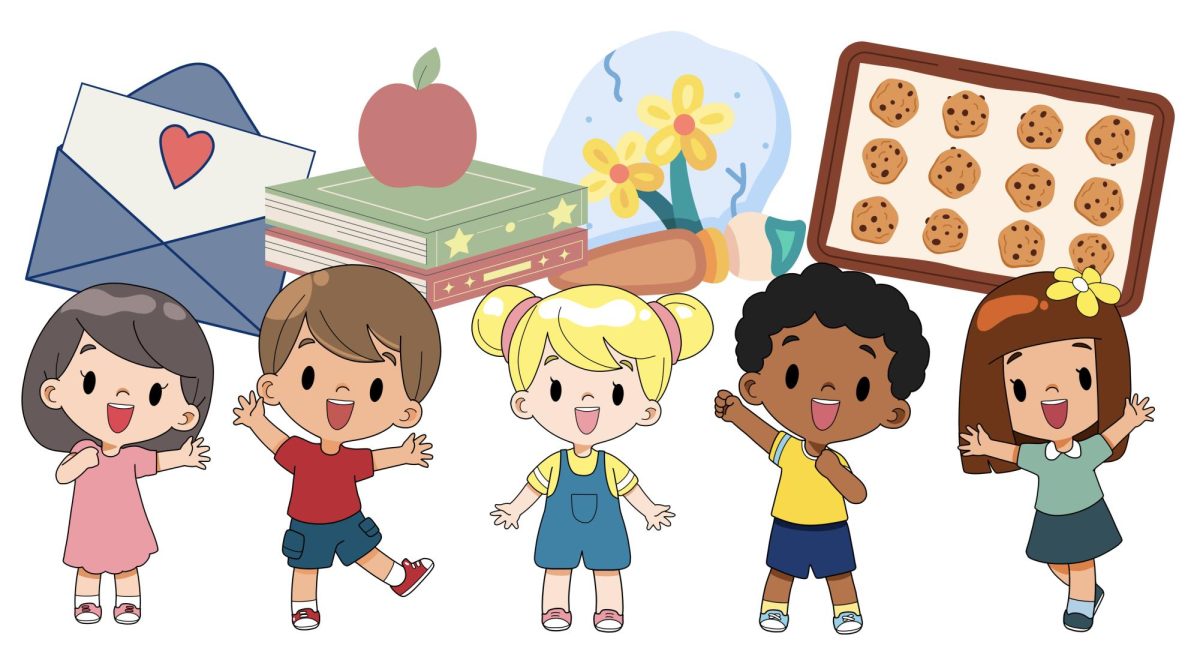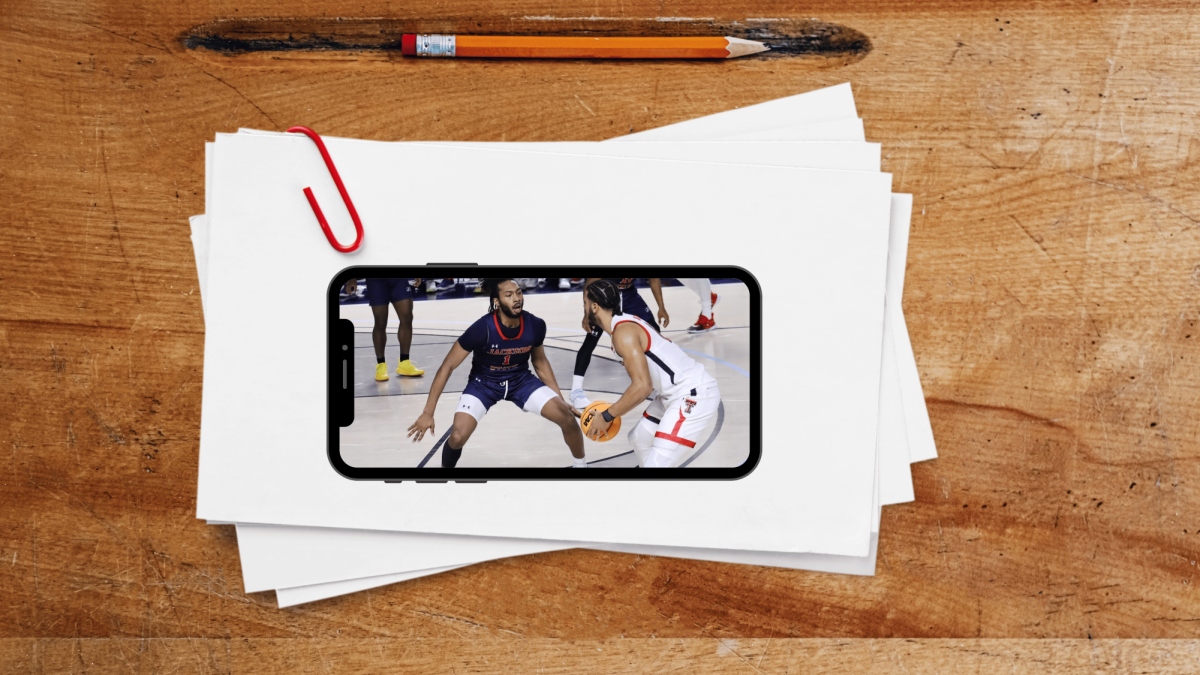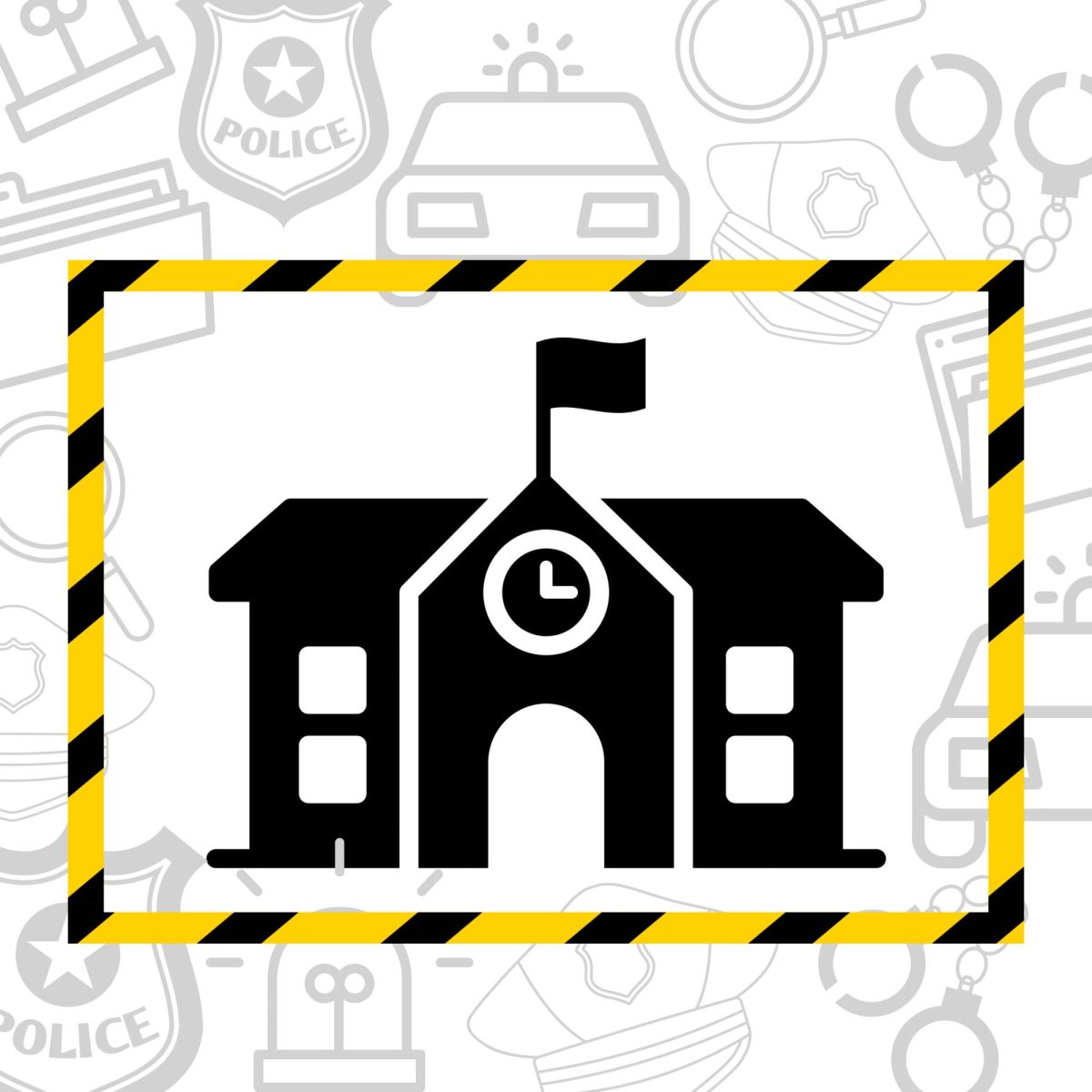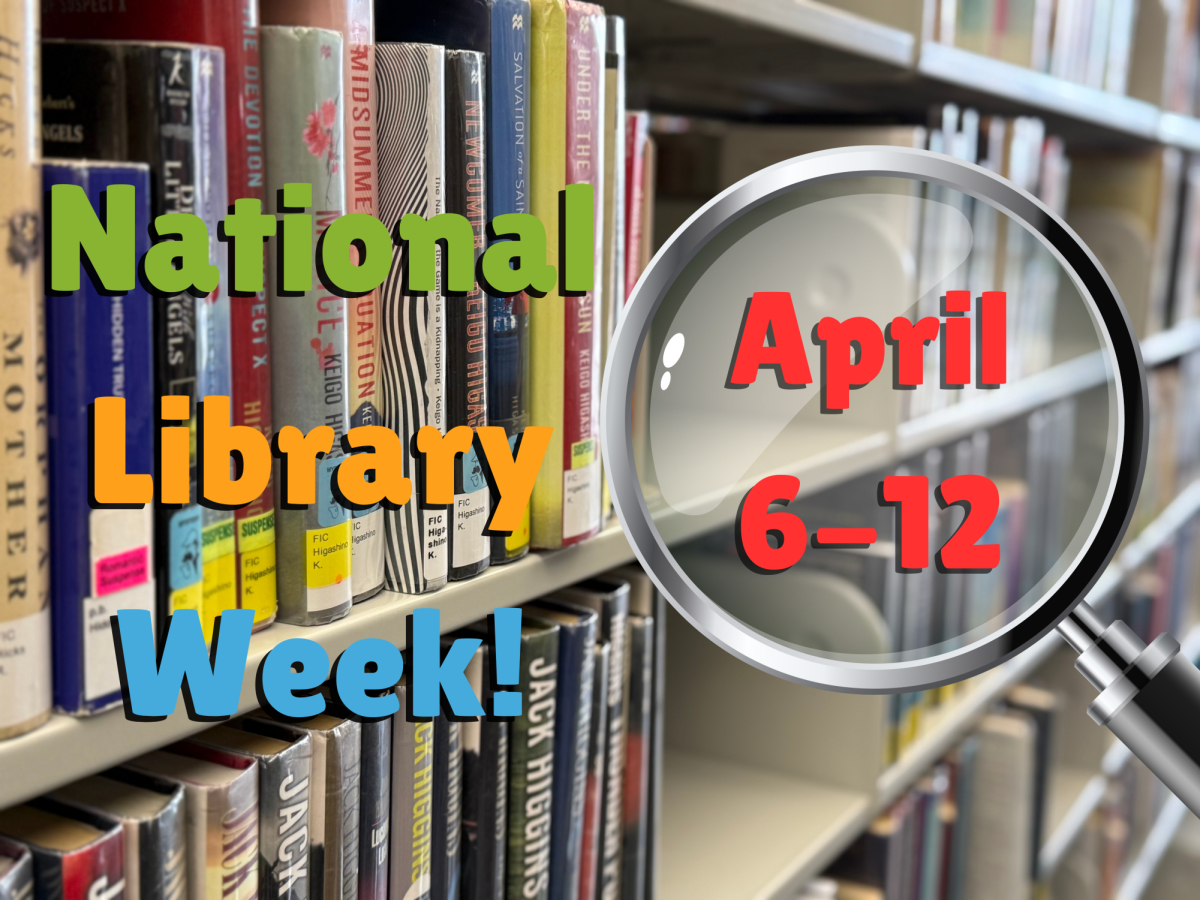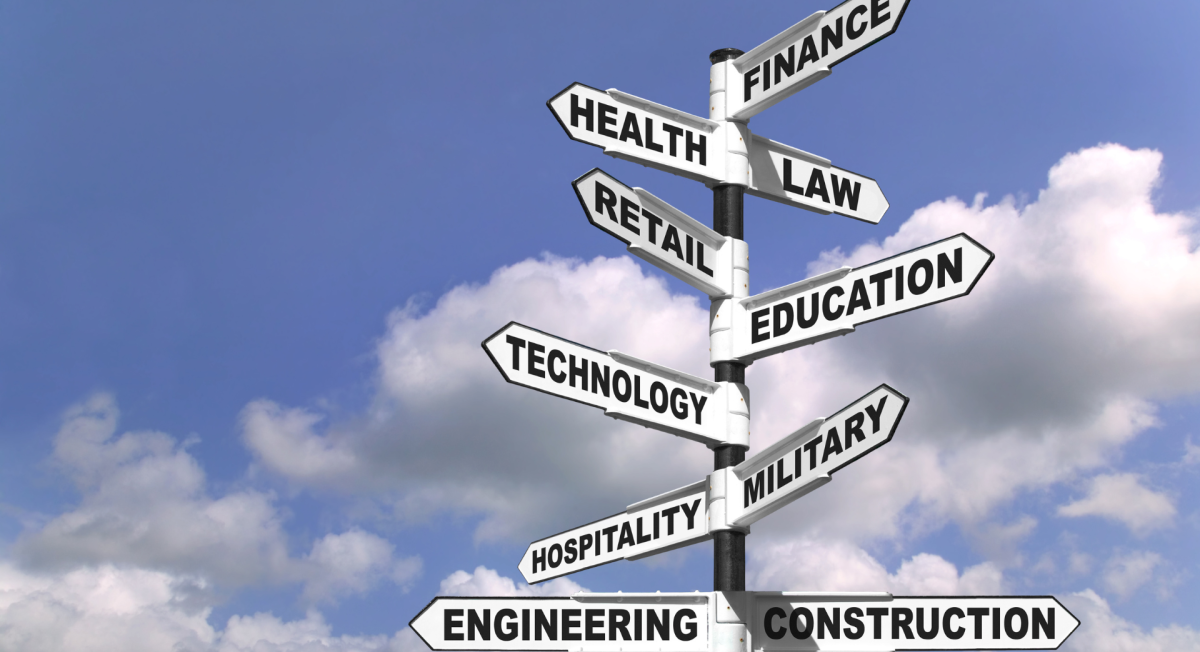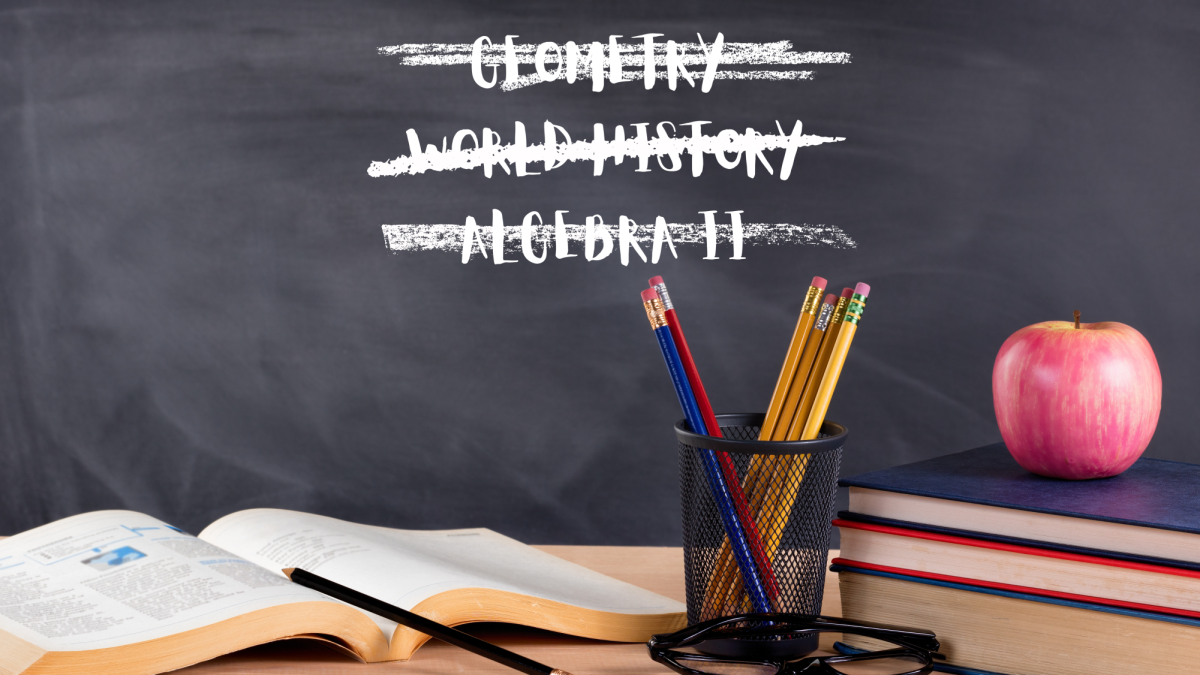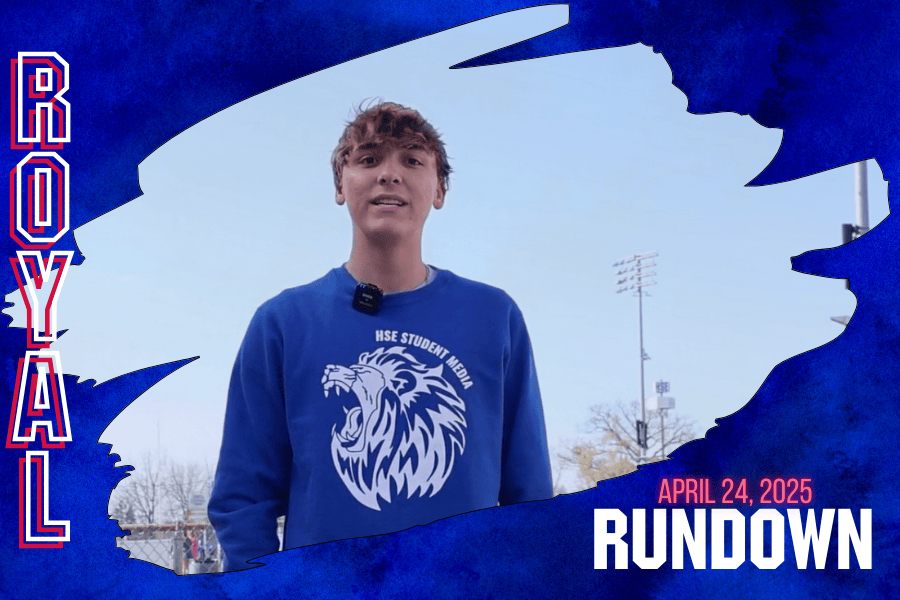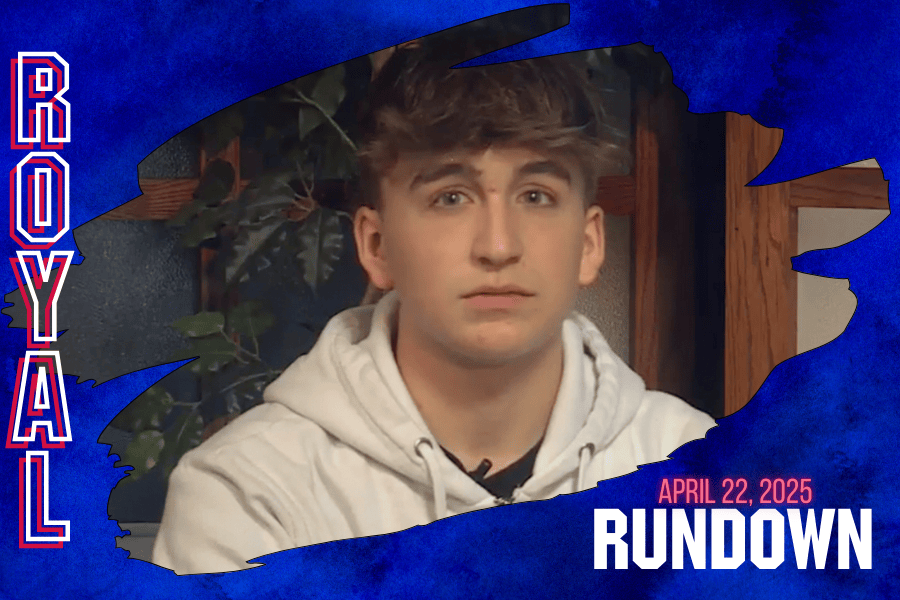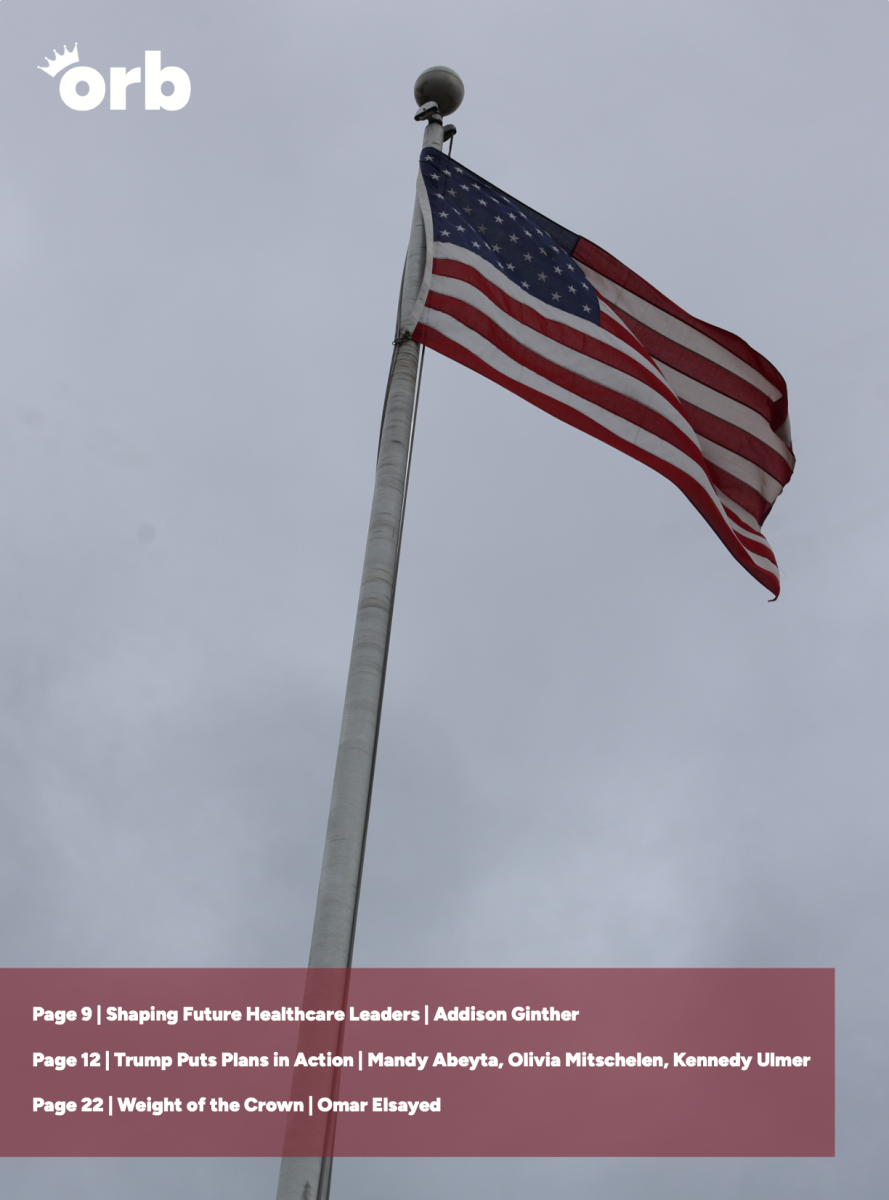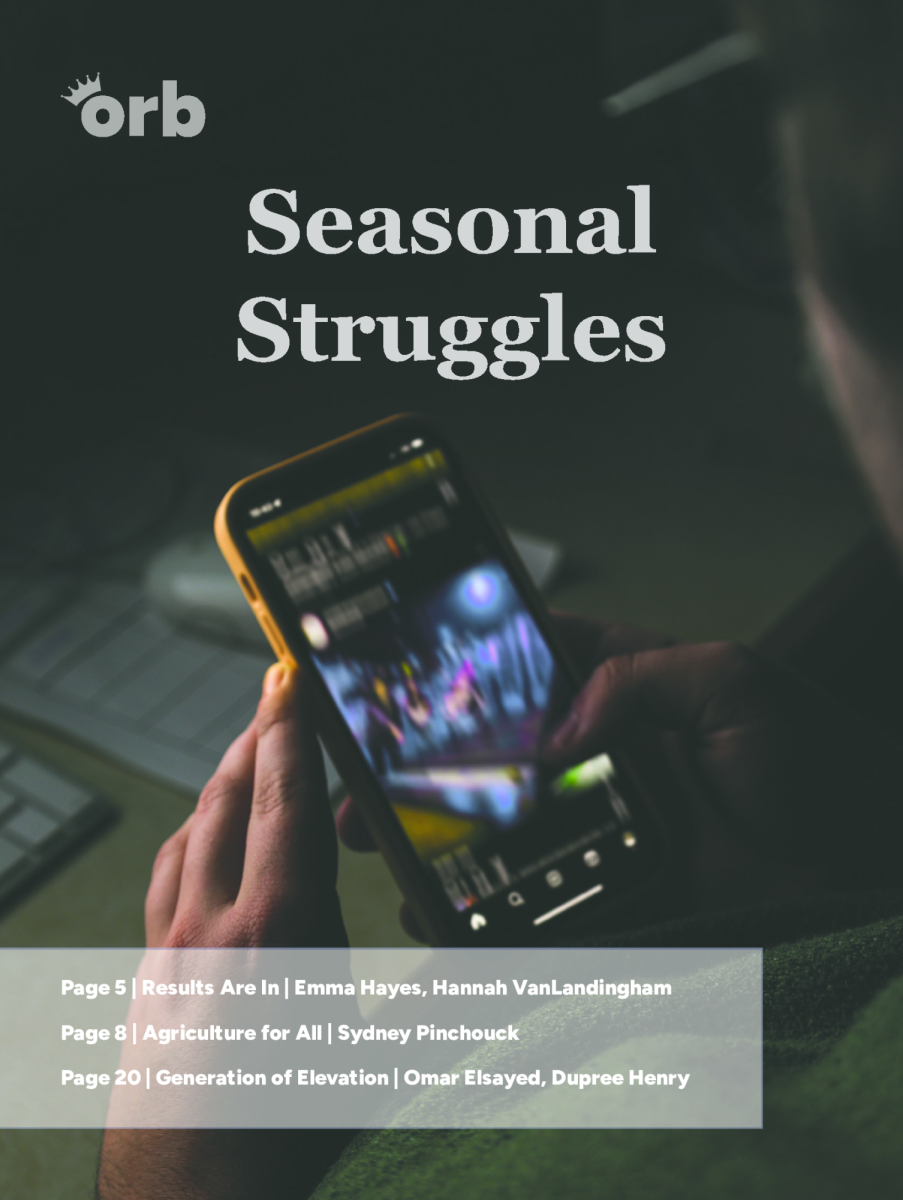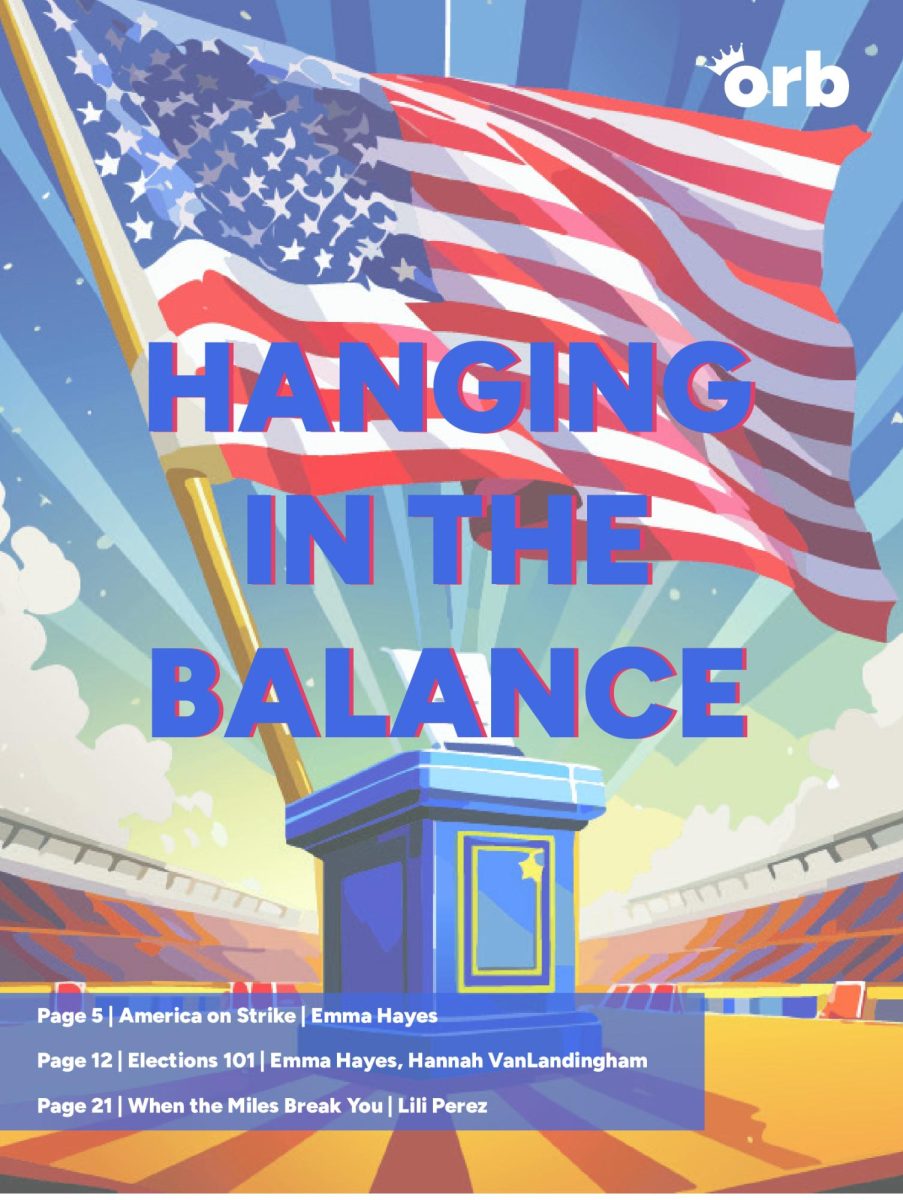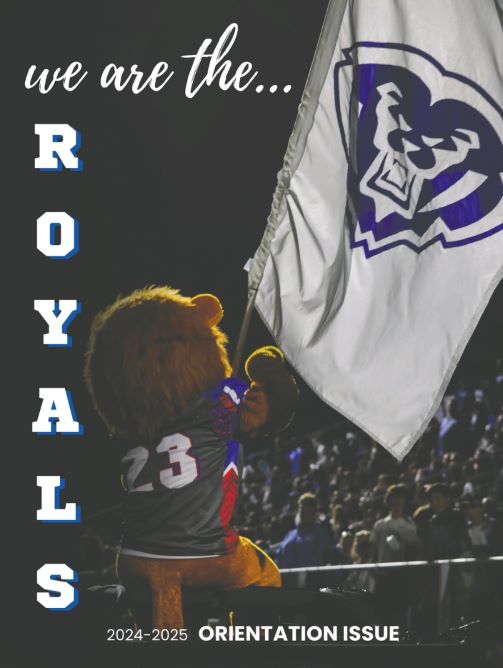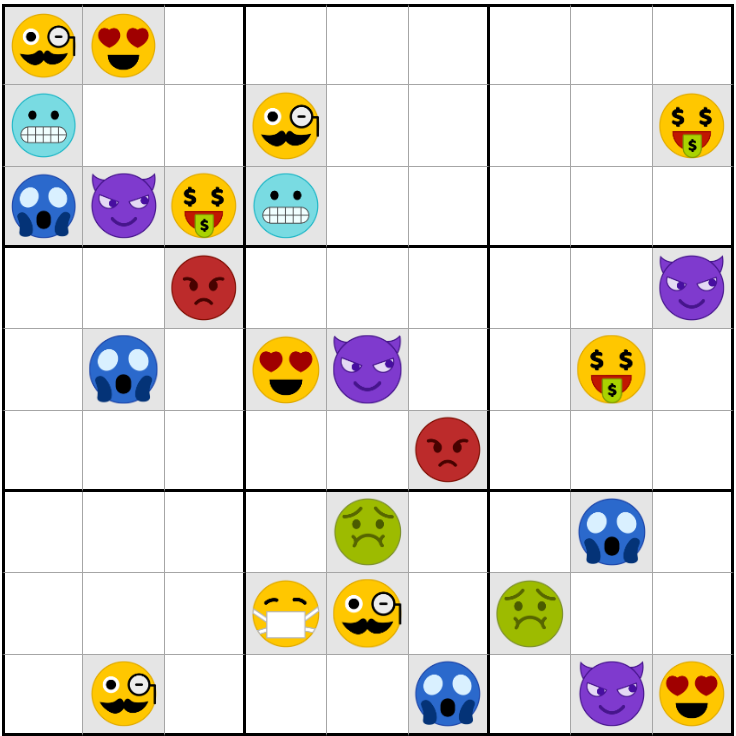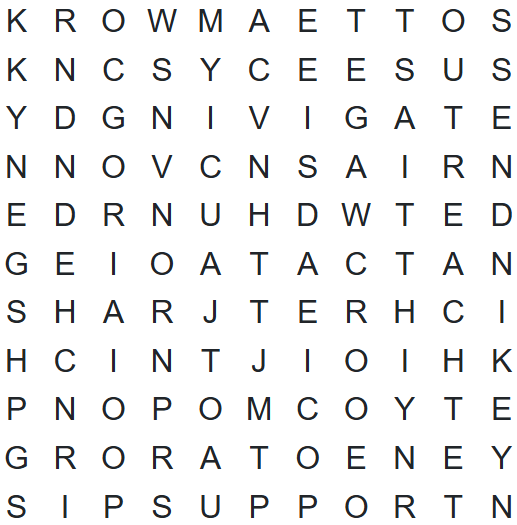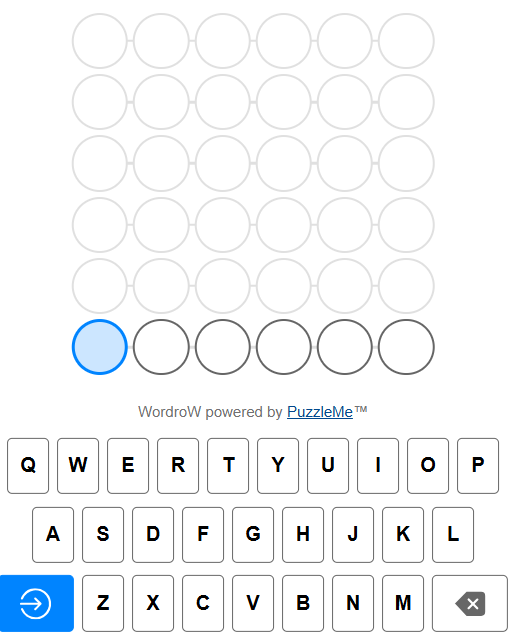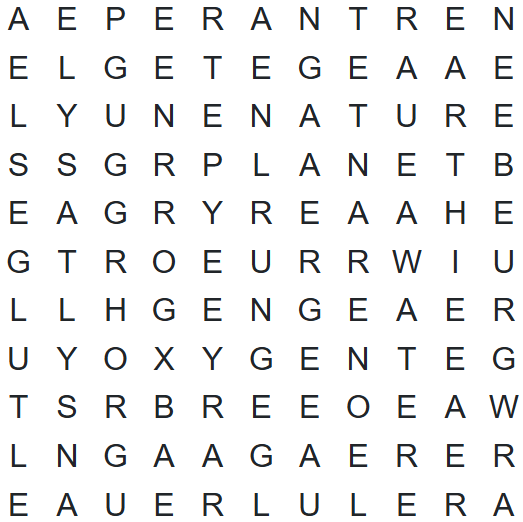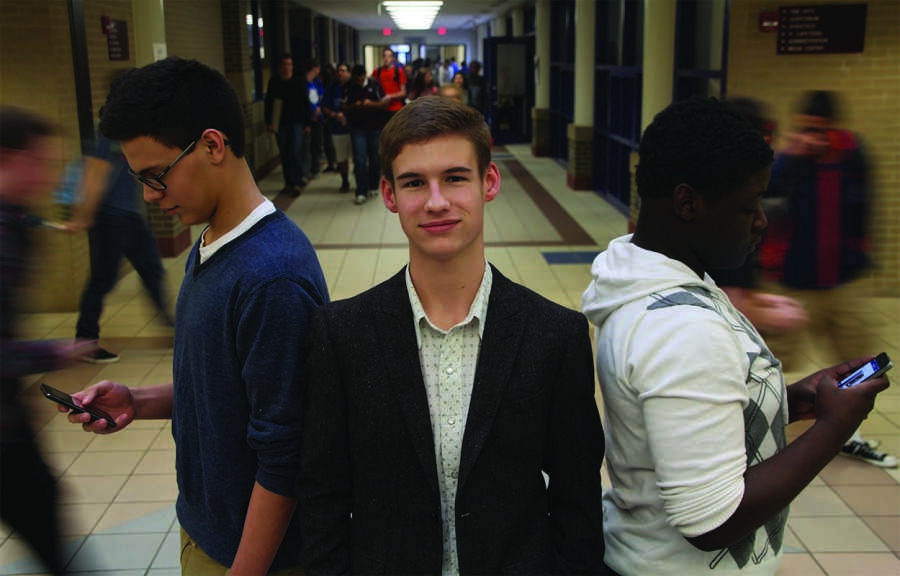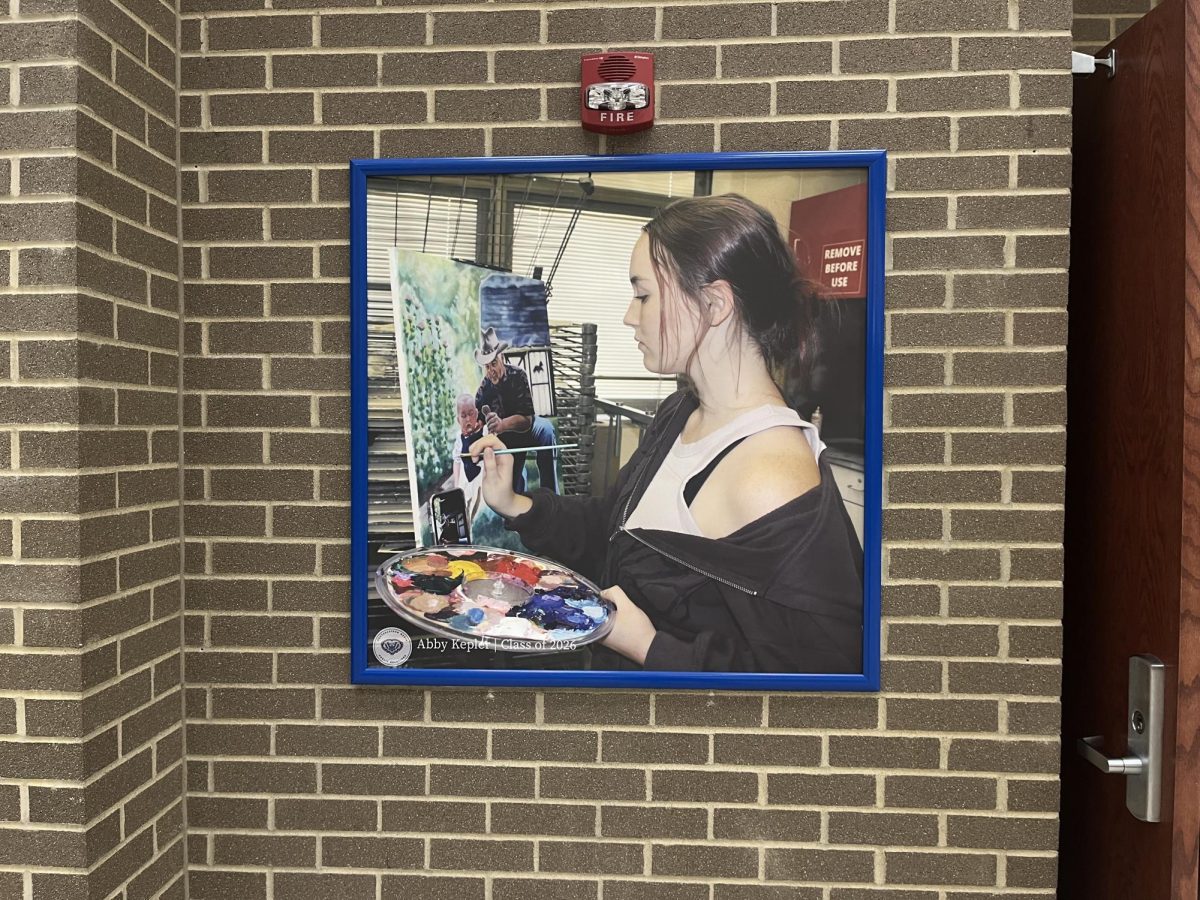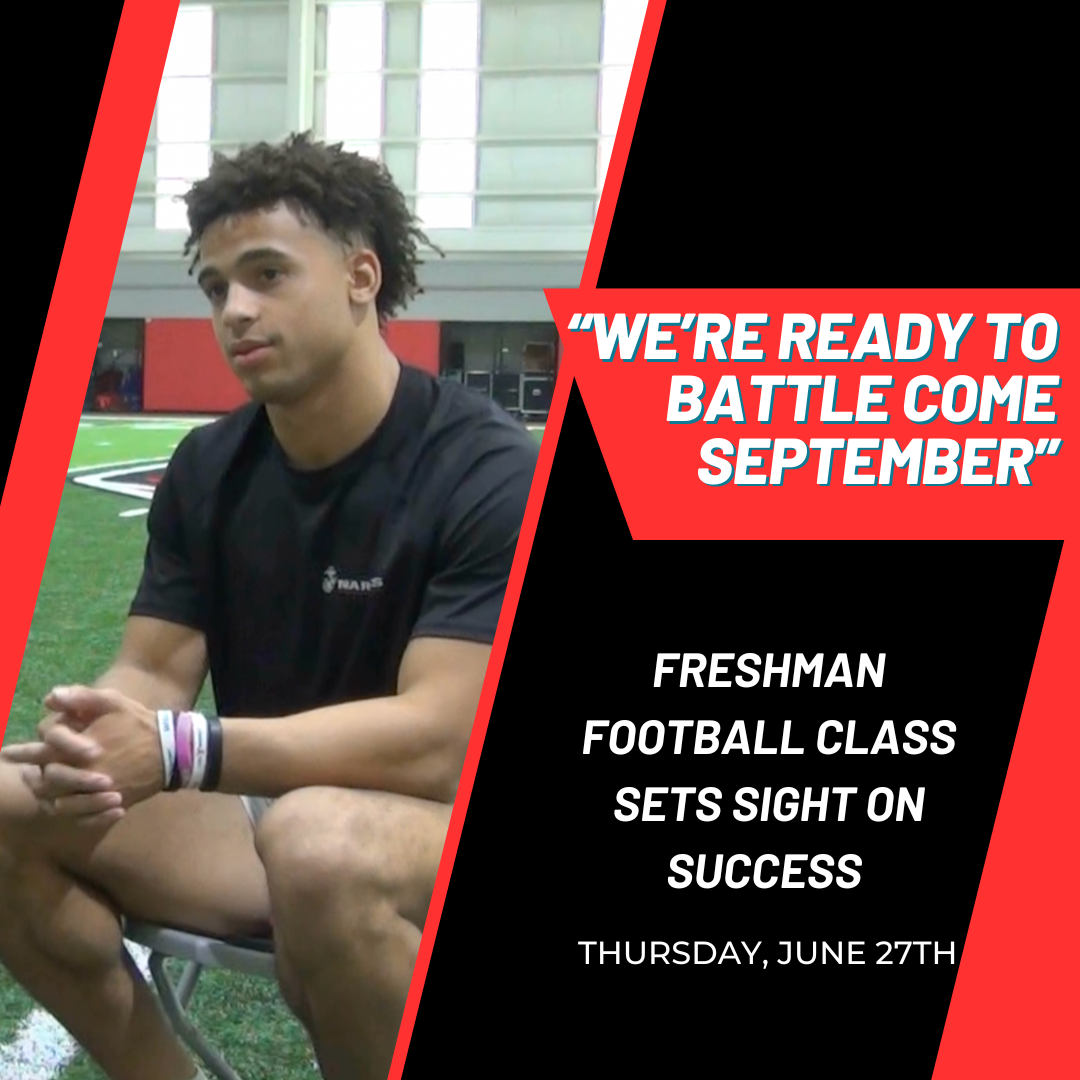https://www.youtube.com/watch?v=8dPM-cMqtXo&feature=youtu.be
Social media is everywhere. There is no way to avoid it, from everyday gossip to photos going viral. It consumes the world the younger generation lives in, and has transformed how people think of themselves and how they define one another. Today, personally knowing people is considered old school, and by simply following a person on social media, one can learn all they need to know about that person. This has truly changed how people perceive others.
There is always a debate on the healthy amount of time one should spend checking social media each day. Think of all the people around who are constantly on their phones. This provides a stark contrast between the generations. People now define themselves based on the time they spend looking at photos and favoriting tweets.
Some teens spend more than four hours on social media every day, posting photos, commenting and for some, watching how many likes and retweets they can get. A few even go as far as deleting pictures because they do not receive enough likes.
“I would definitely delete a post if it didn’t get enough likes, but I wouldn’t if it was an important statement surrounding something like a charity, like the Ice Bucket Challenge,” said junior Malayna Pottschmidt, who has more than 2,000 followers on Twitter and more than 4,200 on Instagram. “Getting under 200 likes is a no-go for me. I delete things if it doesn’t represent me in a positive way anymore, [or] if I don’t like the person that’s in the picture [with me].”
However, some individuals oppose the idea of letting social media define them. To these people, the social media world does not impact them personally.
“I post stupid stuff and sometimes I don’t get enough likes,” junior Collin Agraviador said. “[I posted] a happy birthday thing to my friend and I put an inside joke, and I didn’t get that many likes. I got about 50. But I thought it was funny, so I kept it up there. But if I don’t get enough likes, then I don’t care.”
In real life, the obsession with being well-liked can be an issue. However, popularity today is more involved with one’s presence on social media. Someone could be cool and fun in person, but have 50 followers on Instagram and not be considered popular. To this generation, there is pressure to be identified as popular through likes and favorites.
“My freshmen year, I was thinking, ‘I’ll get a bunch of juniors and seniors to follow me,’ and [it made me feel] like I fit in,” said junior Nate Adams, who now has more than 4,000 followers on Instagram. “I felt like they knew me through my Instagram.”
However, some people disagree with gaining popularity via social media. Some think social media should not determine their status in real life because the online world is much less personal.
“It’s really not a reflection of popularity,” Pottschmidt said. “Maybe you’re popular in the social media realm, but you’re just the same as everyone else. You’re not a celebrity, and you definitely don’t get to treat others differently because you think you’re better.”
Many people choose how they gain popularity, whether it is through social media or through becoming involved personally. Junior Shanon Fitzgerald identifies with the latter. He does not have an Instagram or Twitter account, and said this does not have a negative impact on self-esteem.
“How someone chooses to perceive their popularity is their prerogative,” Fitzgerald said. “I believe that quality is much more important than quantity in terms of friends.”
While some may agree with Fitzgerald, others believe having more followers causes a person to be more popular.
“Social media is basically a way to communicate with others,” Adams said. “I think [social media popularity] is a reflection of real life because people who follow me and who I follow, we know each other and we’re friends.”
The question remains as to how people act online versus in person. Posts on social media may not match up with a person’s true character. Those who spend several minutes composing just the perfect tweet likely put more thought into those 140 characters than they do into a conversation they might have with a friend in the hallways at school. Pictures posted to Instagram typically undergo numerous edits and retakes, resulting in a product that does not necessarily reflect the subject’s normal personality and appearance.
Taking selfies is a significant aspect of defining oneself on social media. Many people take time to take selfies in order to look attractive to others. It is a way to determine how many people like the way one looks based on the amount of likes one receives, and it is a way to boost self-esteem or negate it based on likes.
“If I’m feeling confident I’ll spend around 5-10 minutes taking selfies and then I’ll edit them,” Pottschmidt said. “This sounds completely shallow, but in a way, my presence in social media can honestly boost my confidence.”
Popularity online may have an impact on teenagers, but in different ways. Likes can represent appreciation of creativity, indicate admiration, or provide support for the message in the post. Regardless of the meaning of them, likes can be interpreted differently by different people. Junior Evan Booth focuses much of his time on social media on Flickr, where he has over 4,000 followers.
“It definitely feels good to know that I have people that like the content I’m producing, but at the end of the day, I try to stay grounded and realize that ultimately it shouldn’t matter how many people follow me online,” Booth said. “I’m not a very material-oriented person, so seeing a certain number doesn’t really have an impact on how I feel about myself.”
Despite all the ways it does or does not affect someone’s self image, social media can have negative personal effects as well. Not only has the widespread use of social media led to the rise of cyberbullying, but the ability to obtain a job in the future can be hindered by pictures and tweets from the past. Online communication easily removes emotion and personality from words and photos, leading to mistaken interpretations of certain messages.
“Social media has definitely torn up relationships in my life,” Pottschmidt said. “I think that the jealousy and the bullying and who-follows-who is all detrimental to real-world relationships. I think it’s important to manage what you do and what you say on social media because ultimately everyone can see what you are doing, and some may not like it.”


